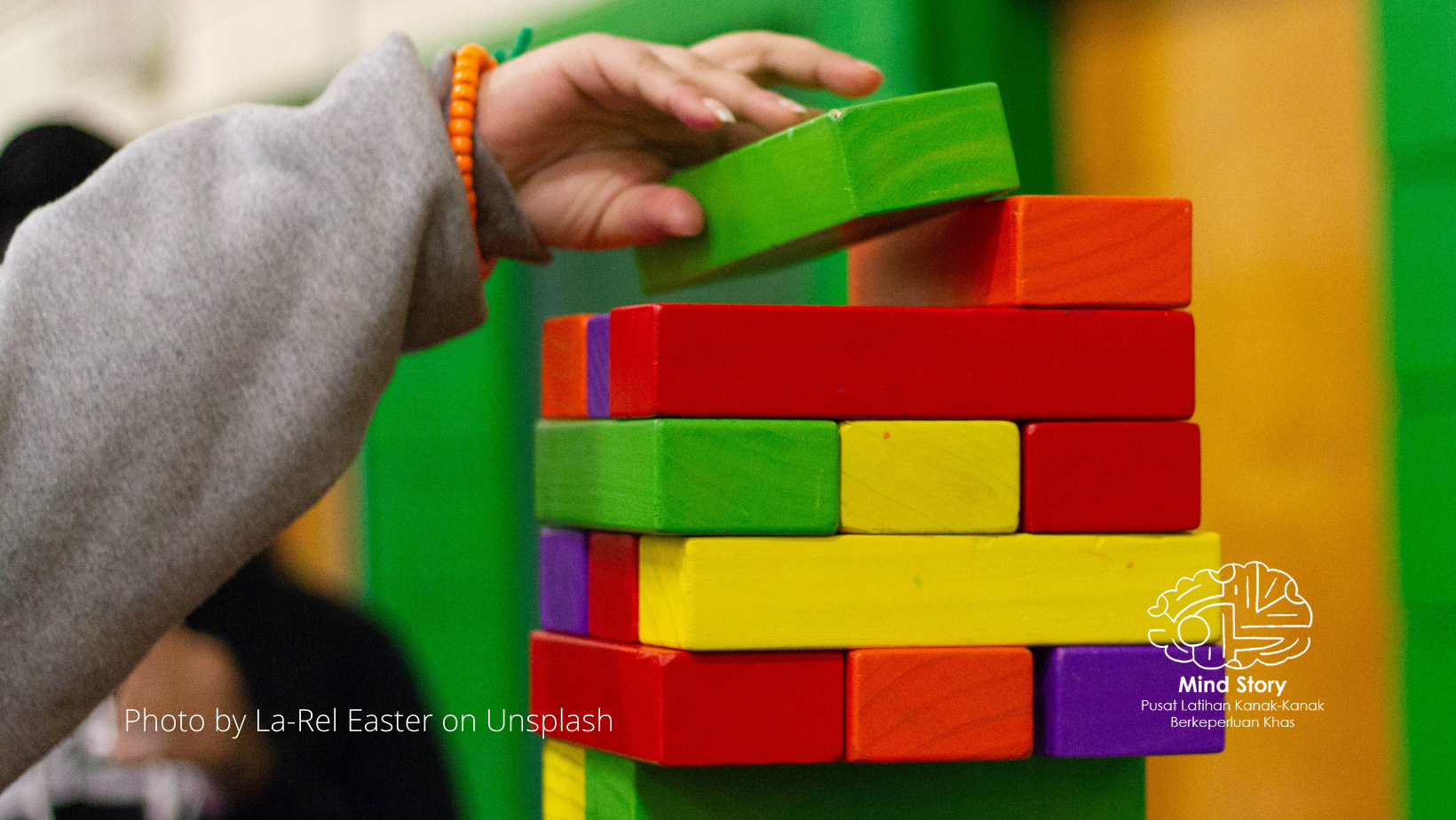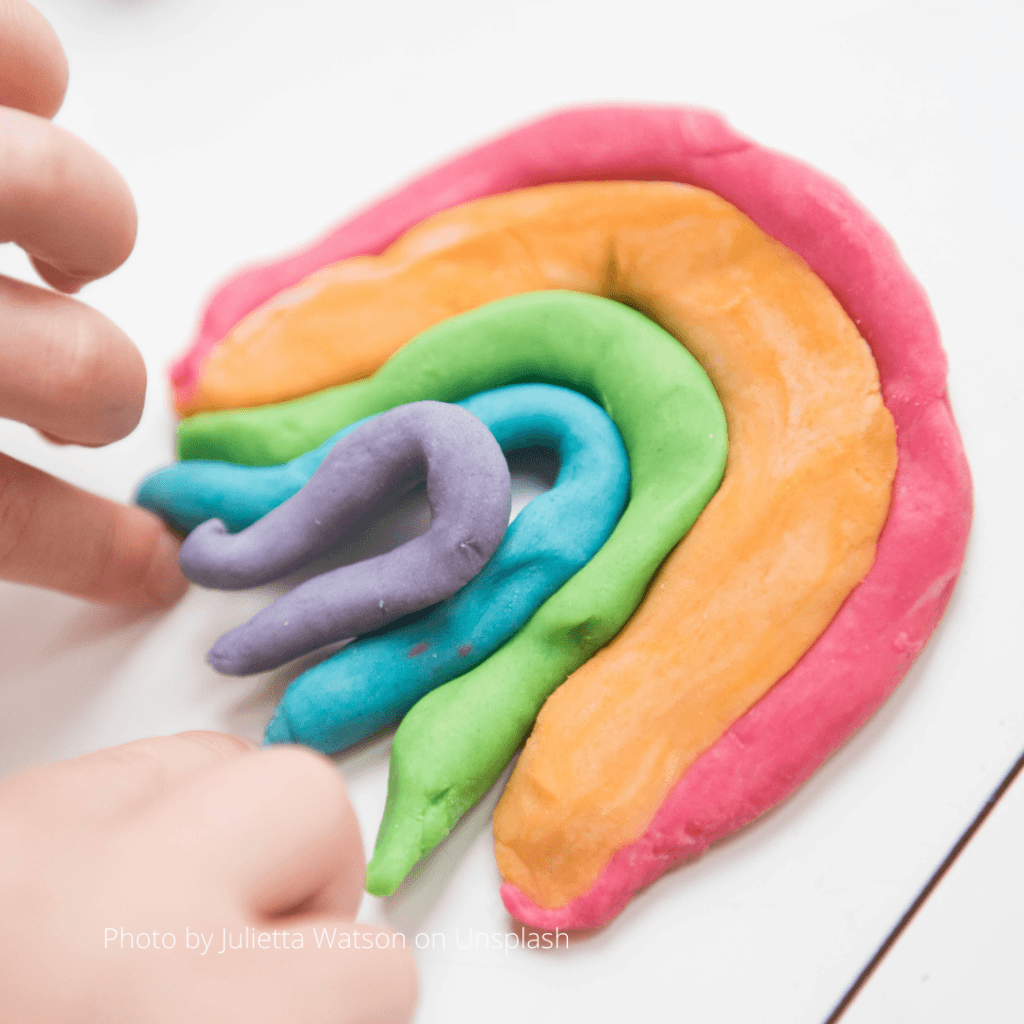
There are plenty of literature and research available that promotes play in young children. In recent studies, children are getting less and less play time which hinders child’s development. American Academy of Pediatrics has recommended doctors to prescribe play to their young patients in their 2018 clinical report (Read more here). Play enhances brain structure and promotes executive function of a person. It is interesting to observe that the highly demanded skills of 21st century are the same set of skills a child can acquire from play.
What is Play?
Play is a child’s nature. Play provides opportunity for child to observe, explore and discover. However, parents need to be aware of age-appropriate play that are suitable for their child. Play itself is a motivation for child to be engaged and take part in the joyful experience. Play can be a space where a child creates a world by make-believe or one that involves an object – ball, toy or tools. It can be an experience by a child alone or one created with others. Free play provides opportunity for a child to self-direct and self-discover while guided play provides opportunity for a child to explore beyond their usual environment. It is important to provide a child with sufficient free play for them to explore and build on skills that they have acquired previously.
Why is it important?
Play provides a child with the opportunity to develop their cognitive, social-emotional, language and self-regulations skills. Furthermore, play is usually a safe environment for a child to discover and explore. It provides an environment for a parent to nurture their relationship with their child. Play is fun, engaging and stress-free, thus giving the child a sense of security and comfort, which leads to healthier learning environment.
Pretend play
Pretend play is a make-believe. A child can play dress up as their superheros or roles they wish to take on or do a role-reversal with your child – you being a child and your child being the parent. Pretend play is useful for parents to work with their child on possible challenges that a child may experience ranging from doctor’s visit or attending a new school. It promotes your child’s communication, creativity and problem-solving skills. A child can learn values as well as expected behavior when undesirable situation occurs. It provides a safe environment for your child to express their fear or challenges and ample time to bring the situation under control.
Exploratory play

Exploratory play usually involves play dough or messy play. It enhances your child’s sense and sensory experience as well as their hand strength and fine motor skills. In addition, exploratory play can be turned in to a learning experience with introduction of letters, numbers or toy animals. It provides an alternative learning tool for a child to be engaged in their learning experience.
Physical play
Running, jumping and catching requires muscles, strength and stamina. It requires an integration of senses for eye-hand and body-muscle coordination to complete an action. Strengthening of the bone and muscle allows your child to perform daily activities as well as prevention of fall as their movement develops. Physical play supports your child’s concentration and focus, self-regulation and sleep regulation. An active lifestyle supports your child’s brain growth and development.
Read more on Supporting your child’s physical development.
Constructive play
Lego, drawing and painting builds your child’s imagination and problem-solving skills. Your child is able to make use of different materials provided (environment) to create a masterpiece which communicates their thoughts and ideas. During the process, your child may choose to integrate or make use of other materials to present their final product. Your child’s decision in choosing an item or material which influence the outcome of their product provides the opportunity for your child to explore cause and effect.

Games with rules
Simple game such as hopscotch, snake and ladder or scissor-paper-stone introduces rules to your child. Your child learns to turn taking, following instructions and communication along the game. It promotes communication and social emotional regulation for your child. Your child will learn how to deal with setbacks and build their resilience and persistence in a safe environment.
Conclusion
Play is an ideal opportunity for parents to bond with their child. Play is essential in building a child’s cognitive, physical, social and emotional well-being. A child is able to build their character and understand the world around them through play. Play is one of the most effective way to develop a child’s 21st century skills that they will need when they grow up.